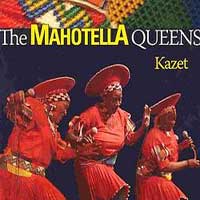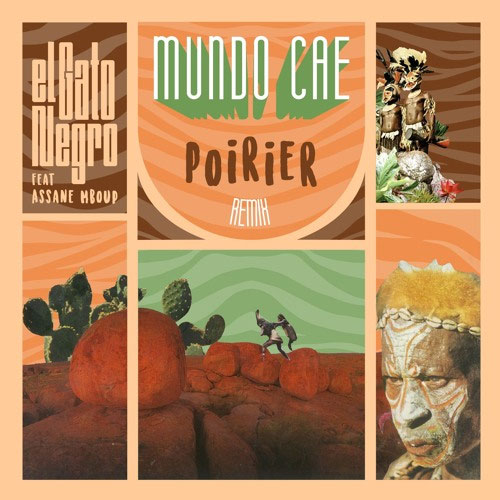«~Kazet~» raconte l’histoire de la suppression d’un township par les bulldozers gouvernementaux. Il laisse également entendre « Mbube » composé en 1938 par Solomon Linda et connu par le monde entier sous le titre « the lion sleeps tonight (le lion est mort ce soir). L’album se termine par l’hymne sud-africain, « Nkosi sikelela » qui a longtemps résonné pour les sud-africains noirs comme un message d’espoir et un hymne à la liberté.
Titres : 1. Amezemula; 2 Nomshloshazana; 3. Hakenyake; 4. Kazet; 5. Muntu wesilisa; 6. Ndodana yolahleko; 7. Kade ulelephi; 8. Mbube; 9. Ubusuku nemini; 10. Amabhongo; 11. Thandanani; 12. Ukhathazile; 13. Safa yindlala; 14. Nkosi sikelela. The lyrics tells the suppression of a township by south african government trucks. One can listen as well to main hits of South African music like “Mbube” by Solomon Linda, well known as “the lion sleeps tonight”, and “Nkosi sikelela”, the South african national anthem, a strong symbol under apartheid.
Track listing : 1. Amezemula; 2 Nomshloshazana; 3. Hakenyake; 4. Kazet; 5. Muntu wesilisa; 6. Ndodana yolahleko; 7. Kade ulelephi; 8. Mbube; 9. Ubusuku nemini; 10. Amabhongo; 11. Thandanani; 12. Ukhathazile; 13. Safa yindlala; 14. Nkosi sikelela.







